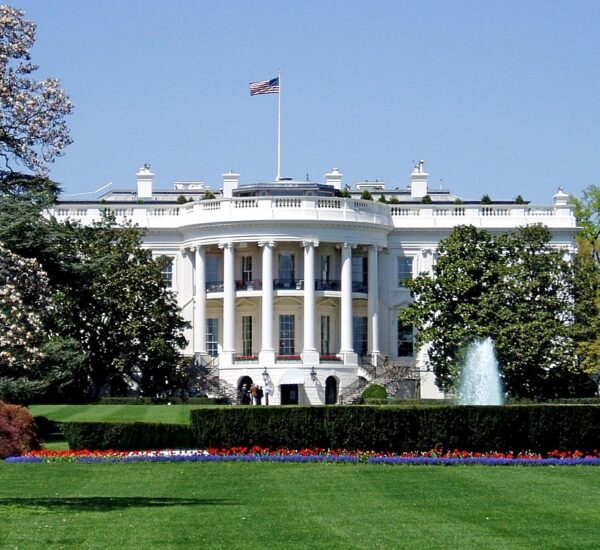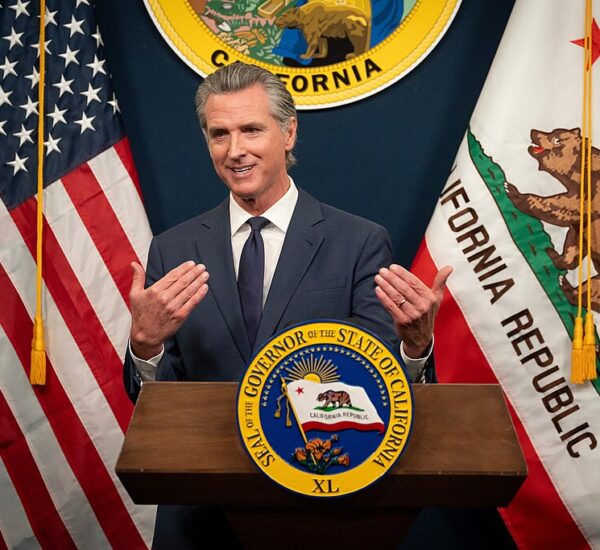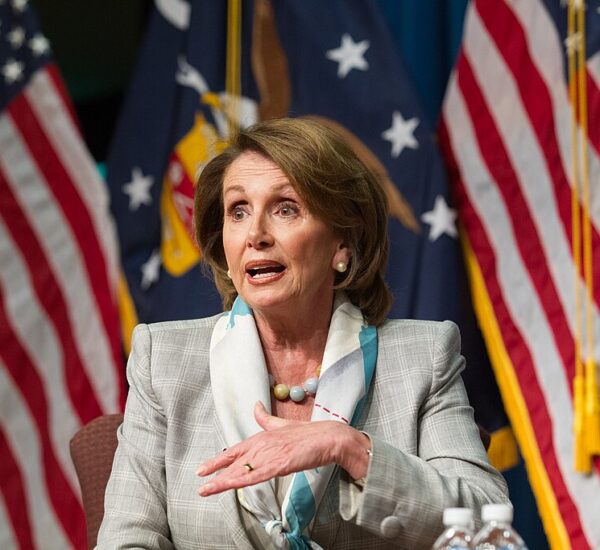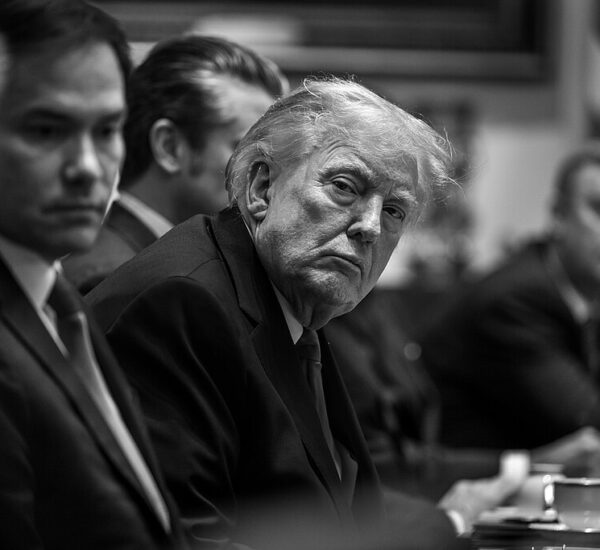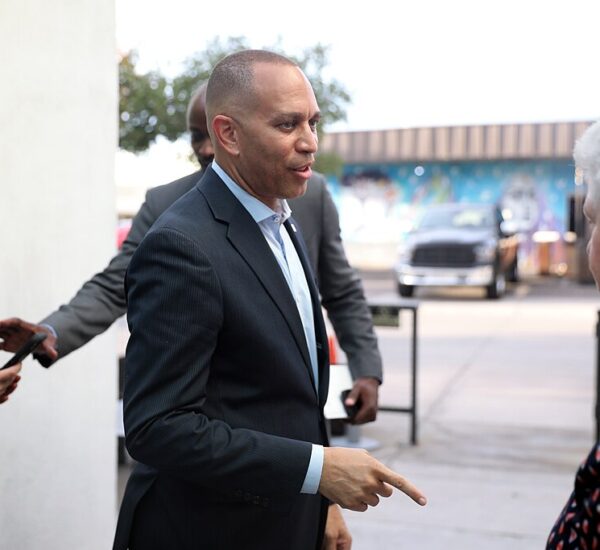Congress Prepares For Wildfire Recovery
House Republicans are preparing for a tough fight over emergency spending in the wake of the catastrophic wildfires ravaging Southern California. With damages already estimated to exceed $50 billion, the disaster is one of the most expensive in recent history, devastating communities across Los Angeles and beyond.
This debate over emergency aid is especially complicated by the incoming Trump administration, which has been outspoken about its concerns over how funds are managed in disaster relief efforts. Unlike previous disaster responses, which saw bipartisan cooperation—such as the more than $100 billion allocated for hurricanes and other natural disasters in December—this time, President Trump has already pointed fingers at California’s Democratic leadership, accusing them of contributing to the crisis through mismanagement and failed policies.
While the fires are still ongoing and the full extent of the damage is unclear, Republicans are concerned about how much FEMA, the agency responsible for disaster response, is spending and whether it’s being done effectively. Trump himself has criticized FEMA’s handling of past relief efforts, and many conservative lawmakers are urging that emergency aid must be balanced with a commitment to reducing the deficit. Speaker Mike Johnson (R-La.) expressed some concerns over FEMA’s leadership, though he acknowledged the dedication of its frontline workers.
“Some very patriotic people work at FEMA, but leadership matters,” Johnson said, emphasizing that the new administration will need to place competent leaders in key positions. As President Trump has yet to announce his pick for FEMA Administrator, uncertainty remains about the agency’s direction.
On the other side of the aisle, House Democrats, including Minority Leader Hakeem Jeffries (D-N.Y.), have signaled they’re ready to provide whatever support is necessary once the wildfires are contained. But even they acknowledge that the true cost of the devastation can’t be fully assessed until the fires are under control.
Rep. Tom Cole (R-Okla.), chair of the House Appropriations Committee, also weighed in, noting that lawmakers will need to wait for the Trump administration to request aid after conducting a full damage assessment. “You can’t provide help until you have the facts,” he said.
Complicating the situation is the tension between Governor Gavin Newsom (D-Calif.) and President Trump, with the president accusing Newsom of failing to take steps that could have mitigated the damage. Trump took to social media, claiming Newsom’s refusal to sign a “water restoration declaration” allowed millions of gallons of water to go unused, exacerbating the fire. Newsom’s office denied the claim, calling it “pure fiction,” while emphasizing their focus on the immediate safety of Californians and supporting firefighters.
The political finger-pointing isn’t new. President Trump has consistently used natural disasters to criticize his political opponents, and California—often at odds with him politically—is a frequent target. However, how this conflict will influence the emergency aid debate remains uncertain.
House Majority Leader Steve Scalise (R-La.) suggested that disaster aid would likely be revisited in upcoming negotiations to extend government funding, even before the fires began. But the challenge for Republicans is clear: many in the party’s conservative wing are demanding that any new spending—especially on disaster relief—be offset by cuts elsewhere in the budget. This has already led to pushback from hard-line deficit hawks who have previously opposed aid packages without corresponding budgetary offsets.
The wildfires, which have already claimed at least 10 lives and destroyed thousands of structures, are far from over, and the damage is still being assessed. Initial damage projections have already risen dramatically, with some estimates now ranging from $135 billion to $150 billion in total losses—three times higher than earlier estimates.
While the federal government’s role in the response is critical, it is clear that California’s own policies on fire prevention and insurance have worsened the crisis. In the wake of past wildfires, California’s homeowners have faced a dire insurance crisis, with insurers fleeing the state after being hit with massive payouts. Republicans like Scalise have placed much of the blame for this on the policies adopted by California’s progressive leadership. “These policies sounded good at the time,” Scalise said, “but they forced insurers to leave, and now the people of California are suffering the consequences.”
Though the state is expected to bear a significant portion of the costs, FEMA does have enough funds to provide immediate relief, with about $27 billion remaining in its disaster relief fund. FEMA Administrator Deanne Criswell has been in contact with state officials to coordinate the federal response, but it remains to be seen whether the political sparring between state and federal leaders will delay or complicate relief efforts.
Ultimately, the debate over wildfire aid will be a delicate balancing act for Republicans. They must navigate the competing demands of supporting those affected by this tragedy, while also adhering to fiscal responsibility and confronting the political failures that contributed to the crisis in the first place.


